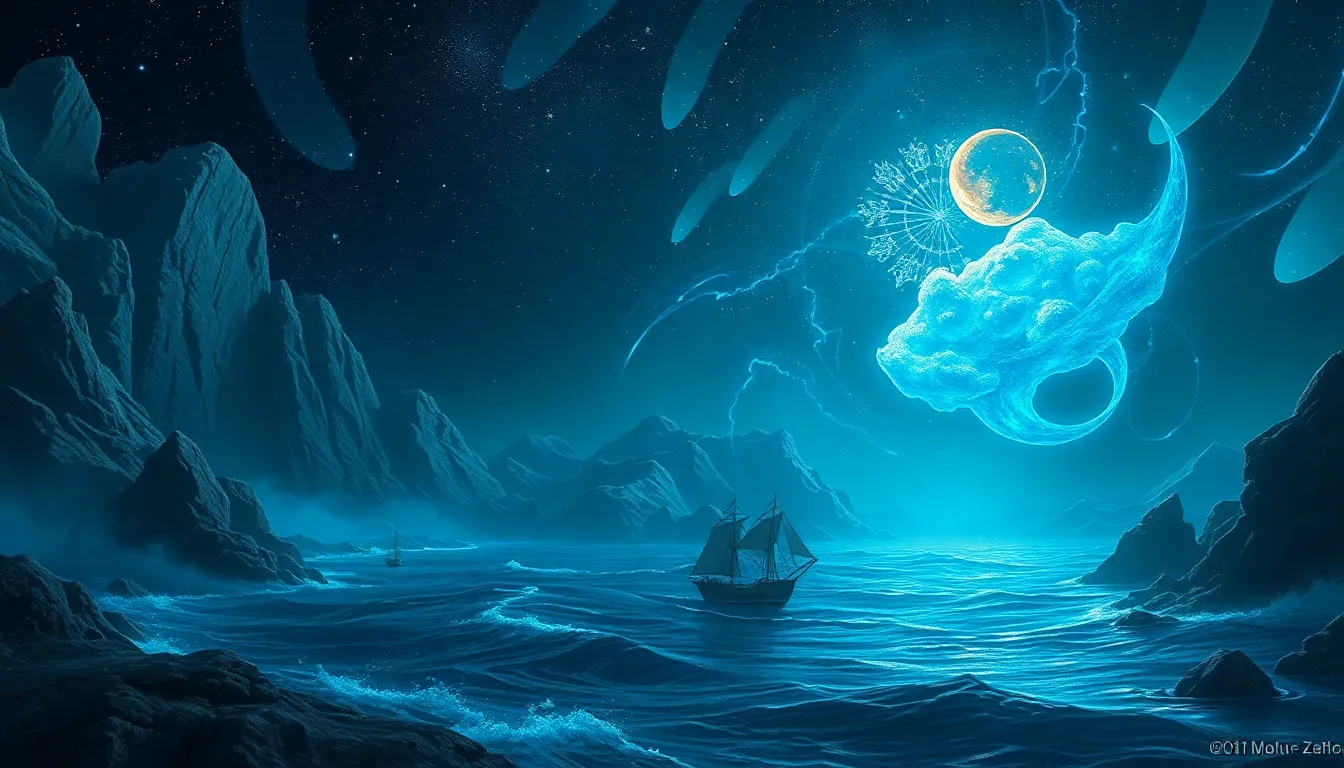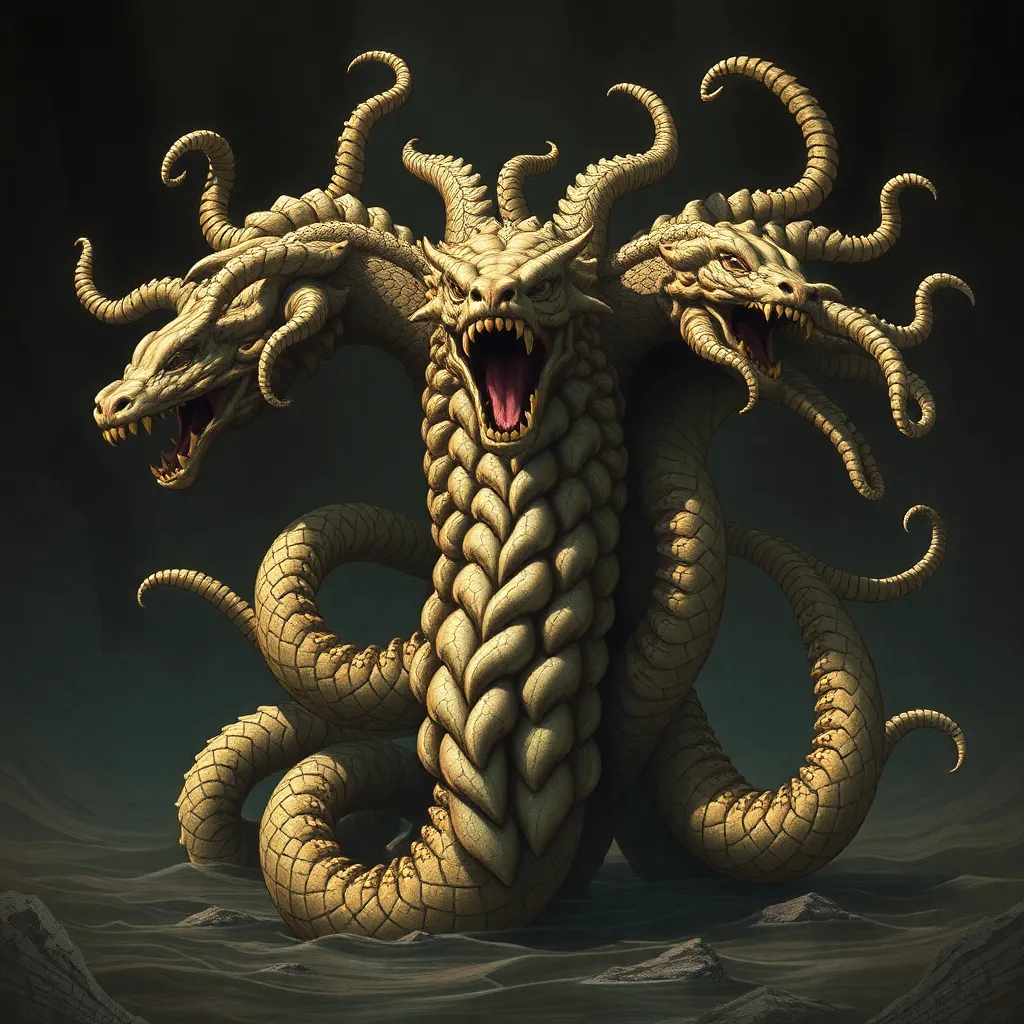The Myth of the Eternal Voyage: Legends of Endless Exploration
1. Introduction: The Allure of Endless Exploration
The concept of eternal voyages has captivated the human imagination for centuries, weaving its way through mythology, literature, and cultural narratives. From the ancient mariners who set sail into the unknown to the modern adventurers tackling uncharted territories, the allure of endless exploration resonates deeply within us. Exploration signifies not just the physical act of discovering new lands but also a profound quest for knowledge, identity, and understanding of the world around us.
2. Historical Context: The Age of Discovery and Beyond
Throughout history, exploration has evolved, marked by significant eras that propelled societies into the great unknown. The Age of Discovery, spanning from the 15th to the 17th centuries, heralded a pivotal shift in human exploration.
- Ancient Times: Early explorers like the Phoenicians and Greeks navigated the Mediterranean, laying the groundwork for future voyages.
- Age of Discovery: Figures such as Christopher Columbus and Ferdinand Magellan transformed global perspectives through their daring journeys across the oceans.
These explorers not only sought new trade routes but also challenged the boundaries of the known world, igniting a spirit of adventure that continues to inspire today.
3. Mythical Voyagers: Legends from Different Cultures
Across diverse cultures, tales of mythical voyagers reflect humanity’s fascination with the concept of endless journeys. These legends often share common themes of adventure, perseverance, and the quest for knowledge.
- Ulysses: The hero of Homer’s “Odyssey,” Ulysses’ ten-year journey home symbolizes the trials and transformations one undergoes in pursuit of one’s destiny.
- The Flying Dutchman: This ghost ship, doomed to sail the seas forever, embodies the consequences of transgressions and the eternal cycle of seeking redemption.
Such narratives illustrate not only the dangers of exploration but also the personal transformations that accompany the journey.
4. The Symbolism of Endless Journeys
Endless journeys serve as powerful metaphors for personal growth and self-discovery. The act of venturing into the unknown often parallels the inner struggles individuals face in their lives.
- Personal Growth: The challenges encountered on these journeys often lead to profound realizations, shaping one’s identity.
- Psychological Implications: The narrative of the eternal voyage reflects humanity’s innate desire for purpose and understanding, driving individuals to seek out their paths.
This symbolism highlights the universal quest for meaning, suggesting that our own journeys—however daunting—are integral to our existence.
5. Literary Representations of the Eternal Voyage
Literature has long explored the theme of the eternal voyage, with authors using the motif to delve into the complexities of human experience.
- “Moby Dick” by Herman Melville: Ishmael’s voyage aboard the Pequod serves as an allegory for the struggle against nature and the search for knowledge.
- “Heart of Darkness” by Joseph Conrad: This novella examines the journey into the Congo as a metaphor for the darkness within humanity itself.
Through these works, authors convey the intricate relationship between the journey and the destination, emphasizing how exploration shapes our understanding of self and society.
6. The Role of Myth in Modern Exploration
The legends of eternal voyages continue to influence contemporary explorers and adventurers, inspiring them to undertake remarkable journeys.
- Modern Explorers: Individuals such as solo sailors and long-distance trekkers embody the spirit of the eternal voyage, pushing boundaries and redefining exploration.
- Real-Life Examples: Stories of modern-day adventurers, like those who sail around the world or trek through uncharted territories, echo the myths of the past.
These modern voyagers carry the legacy of their mythical predecessors, reminding us that the quest for adventure remains a vital aspect of human experience.
7. Cinematic Depictions: The Eternal Voyage on Screen
Film has a unique ability to portray the themes of endless exploration, allowing audiences to experience the thrill of adventure vicariously.
- “The Life of Pi”: This film depicts a young man’s survival journey at sea, highlighting themes of faith, resilience, and self-discovery.
- “Interstellar”: The exploration of space serves as a metaphor for humanity’s quest for survival and understanding the universe.
Through visual storytelling, cinema captures the essence of the eternal voyage, shaping how we perceive adventure and exploration in contemporary culture.
8. Philosophical Interpretations of the Eternal Voyage
The eternal voyage invites philosophical contemplation regarding existence, purpose, and the journey of life. Various theories emerge from this narrative, suggesting deep connections between exploration and the human condition.
- Existentialism: The journey embodies the search for meaning in a seemingly indifferent universe.
- Phenomenology: The experiences encountered along the voyage shape one’s perception of reality and self.
These philosophical interpretations enrich our understanding of the eternal voyage, reinforcing its relevance in the context of human existence.
9. Critique of the Myth: Limitations and Realities of Exploration
While the myth of the eternal voyage is captivating, it is essential to critique its romanticized view of exploration. The history of exploration often entails significant consequences for indigenous cultures and the environment.
- Romanticization of Exploration: The glorification of explorers often overlooks the impact of colonization and the exploitation of native populations.
- Environmental Considerations: Modern exploration raises ethical questions regarding the preservation of ecosystems and the responsibility of explorers.
Recognizing these limitations fosters a more nuanced understanding of exploration, emphasizing the need for ethical considerations in our pursuit of adventure.
10. Conclusion: The Legacy of the Eternal Voyage
The myth of the eternal voyage endures, continuing to inspire new generations to seek adventure and knowledge. Its themes resonate deeply with our shared human experience, reflecting our intrinsic desire for exploration and understanding.
As we navigate the complexities of our modern world, the legacy of endless exploration serves as a reminder of our capacity for growth, resilience, and the pursuit of meaning in our own journeys.




